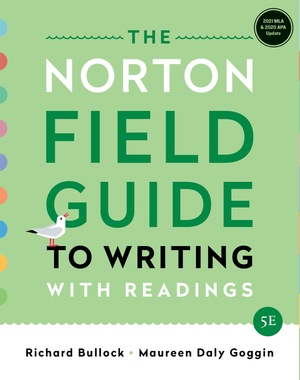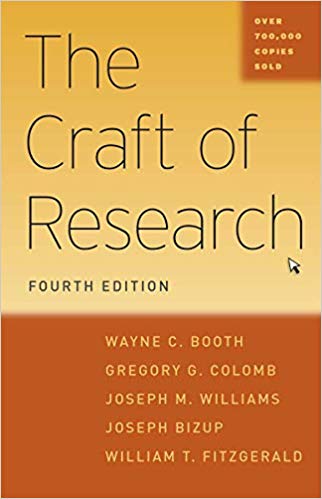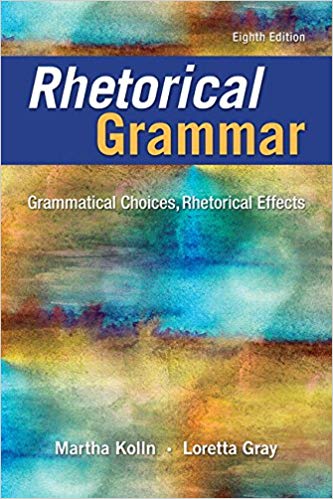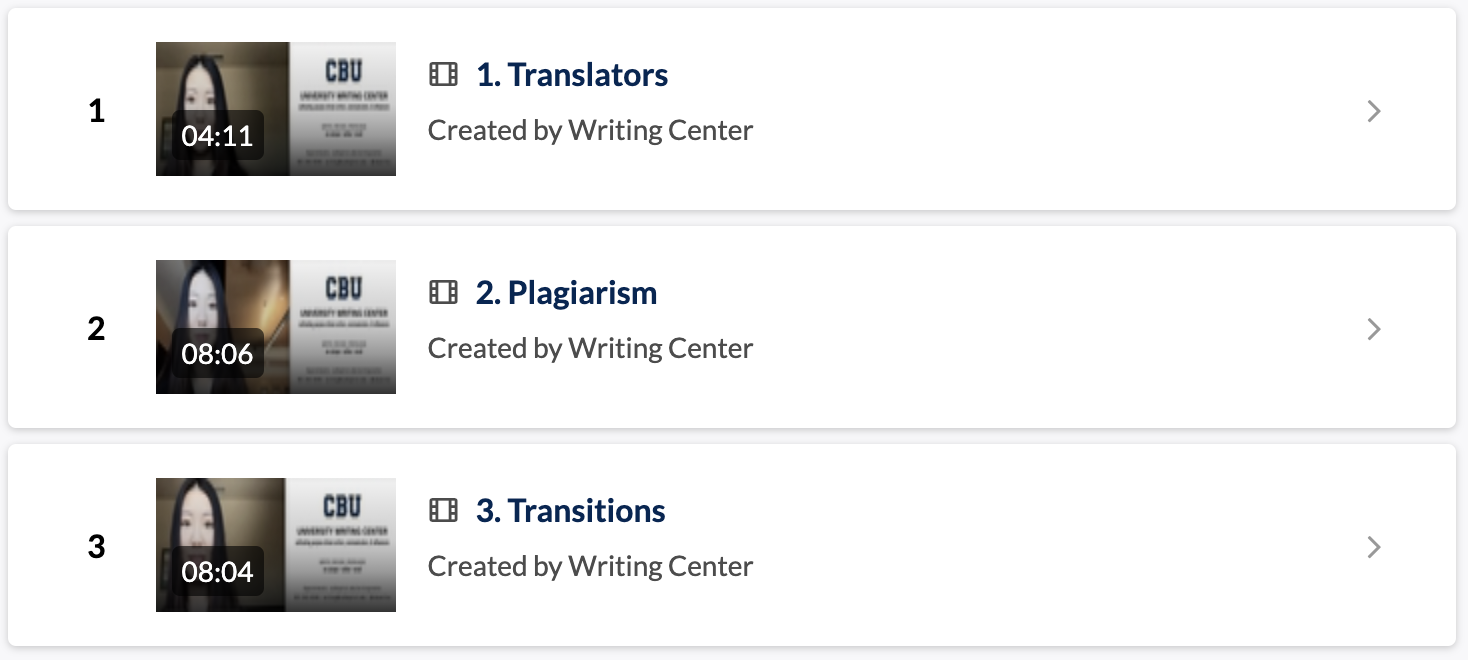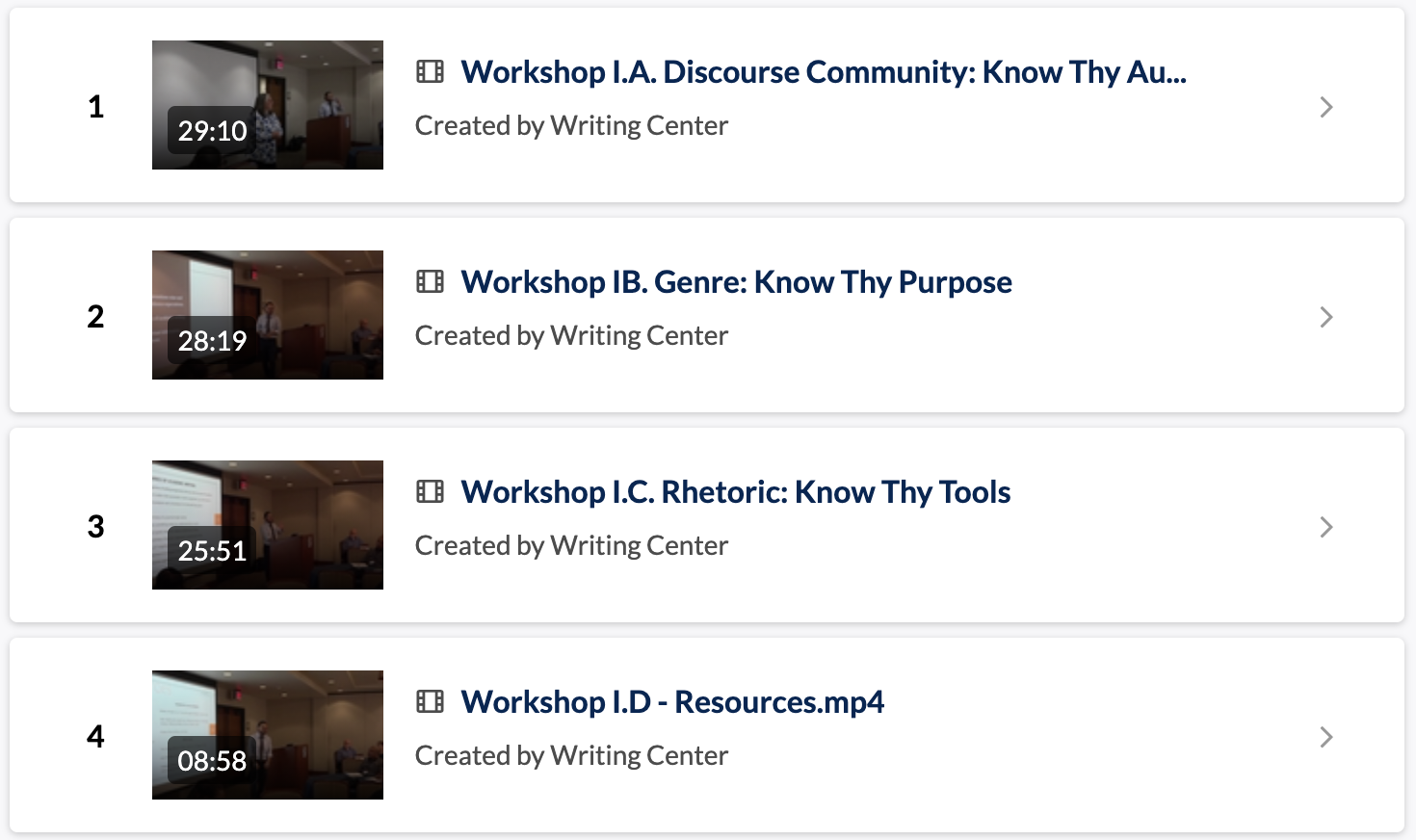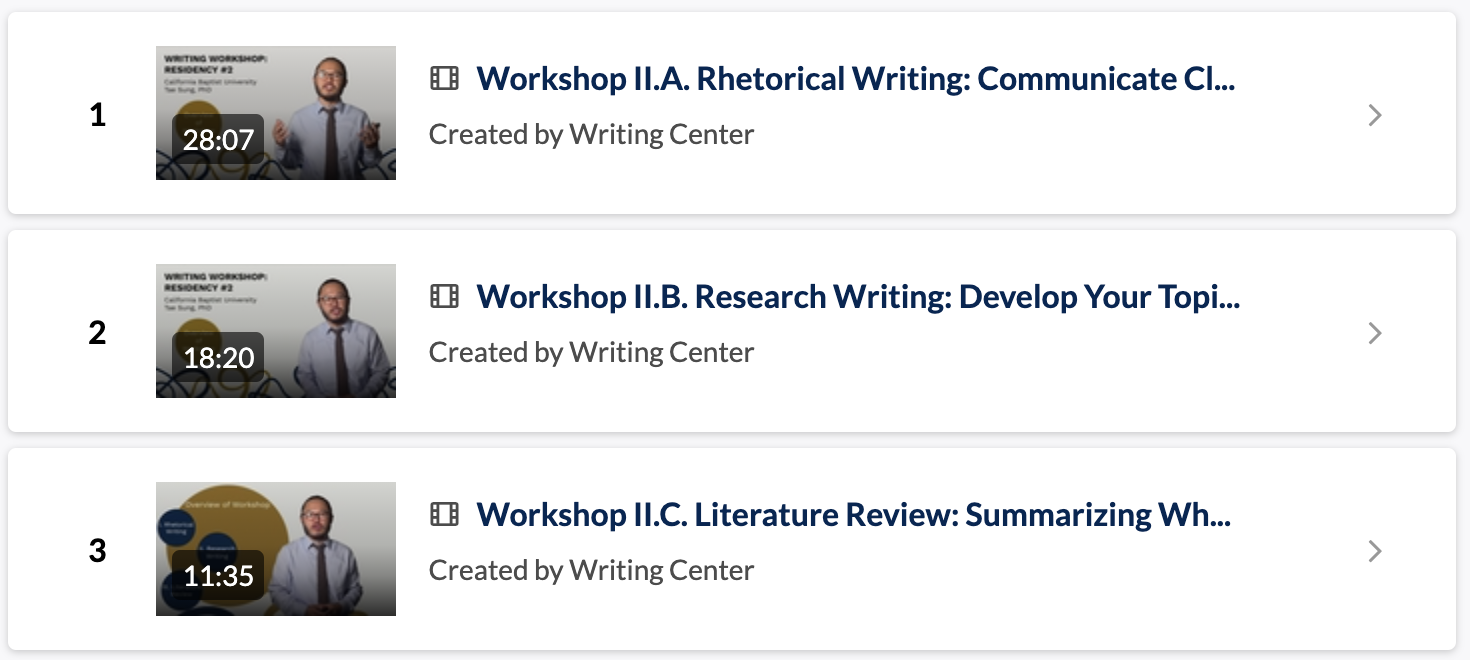Resources
Style Guides
Most often used in the behavioral and social sciences, the APA style prioritizes the date of publication and reliable paraphrasing/summarizing of sources.
Click on links for tutorials: Basic and Academic Writer. If you need a tutorial on how to use Academic Writer, visit this YouTube playlist or click on this link for a video.
- APA Paper Setup Guide
- Sample Student Paper (from Purdue OWL)
- Sample Professional Paper (from Purdue OWL)
Most often used in literature and the humanities, the MLA style prioritizes authorship and close analysis of quotations.
Click on the link for the official MLA website.
- Sample MLA Paper (from Pudue OWL)
Most often used in the medical fields, the AMA style prioritizes footnotes and cross-references between research.
Click on the link for the official AMA website.
- Brief AMA Style Guide (from UIC)
- Longer AMA Style Guide (from USC)
Most often used in the arts, history, and religious studies, the CMS style prioritizes cross-references and commentary in footnotes and endnotes.
Click on the link for the official CMOS website.
- Guide to Turabian
- Sample CMS Paper (from Purdue OWL)
Websites
Purdue Online Writing Lab (OWL)
When you need a quick reference guide to citing something or a reminder of what goes into an annotated bibliography, the internet is full of potential mistakes. The Purdue OWL, like other university resources, is a reliable internet resource.
Norton Field Guide to Writing (NFG)
The print version is a standard textbook that provides detailed instructions and samples of many writing genres. This website offers an abbreviated version that is still useful because it is always around even when the book isn’t.
Video Tutorials
(Click on image to watch videos)
Based on The Norton Field Guide to Writing, 5th edition. [NFG]
- How to write a literacy narrative
- How to write an analysis essay
- How to report information
- How to write an argumentative essay
- How to write abstracts, annotated bibs., & lit. reviews
- How to write an evaluation essay
- How to write a literary analysis essay
- How to write a memoir essay
- How to write a profile essay
- How to write a proposal
- How to write a reflection essay
- How to write a resume and job letter
- How to use APA, MLA, and CMS
(Click on image to watch videos)
Based on The Craft of Research, 4th edition. [COR]
- How to connect with readers
- How to develop research topics into research questions
- How to develop research questions to research problems
- How to find sources
- How to engage sources
- How to develop good arguments
- How to make good claims
- How to use reasons and evidence
- How to respond to counterarguments
- How to develop good warrants
- How to draft your essay
- How to organize your essay
- How to use visual evidence
- How to revise your intros and conclusions
- How to revise your writing style
(Click on image to watch videos)
Based on Rhetorical Grammar, 8th edition. [RG]
- Words and phrases
- Sentence patterns
- Versatile verbs
- Coordination and Subordination
- Using adverbials
- Using adjectivals
- Using nominals
- Using other styles
- Cohesion
- Sentence rhythm
- Writer's voice
- Words and word classes
- Punctuation
Graduate Students
Intended for graduate students who are just beginning their program, this workshop was recorded in front of a live residency group of DBA and DPA students, who rated this among the highest resources for new students. The purpose of these videos is to help students transition to graduate-level writing in academic discourse communities.
(Click on image below to watch videos)
Intended for graduate students transitioning from coursework to research projects, this workshop offers key insights drawn from Wayne Booth's celebrated text The Craft of Research (see Books below). The purpose of these videos is to help students develop successful research topics and strategies.
(Click on image below to watch videos)
Books
There are so many writing books to choose from that it’s sometimes difficult to choose. Check out our list of recommended books curated just for you. If you need extra resources related to grammar, rhetoric, research, academic discourse, or style, the link to the right is a great place to start.
Writing Resources Purchasing List
Booth, Wayne, et al. The Craft of Research. 4th ed, U of Chicago P, 2016.
This textbook is standard for understanding what research is and how to develop your research project. Most useful are its recommended steps to move from topics to questions, problems, sources, arguments, and, finally, to the writing and revision process.
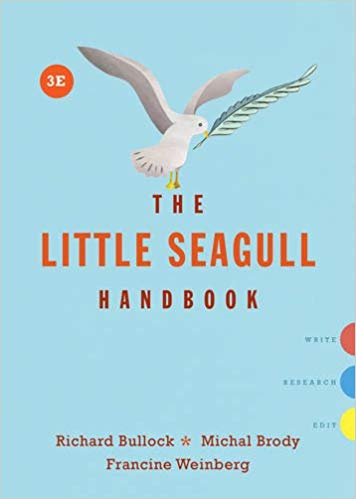
Bullock, Richard, et al. The Little Seagull Handbook. Norton, 2014.
There are many writing handbooks that offer quick reminders and references for academic genres, research, and grammar. But I have chosen this one because of its affordability and simplicity. There are two versions of the handbook depending on whether you want an additional section with exercises. This can be paired with the Graff and Birkenstein text below for a discount from Norton.
Bullock, Richard. The Norton Field Guide to Writing. Norton, 2016.
This textbook is widely used among college composition courses, and it offers a pretty comprehensive guide to writing in many of the academic genres that you will encounter including annotated bibliographies, proposals, evaluations, reports, and others. Chapters offer both sample models and strategies that reflect good academic writing and practical instructions that will help you write and edit your papers.
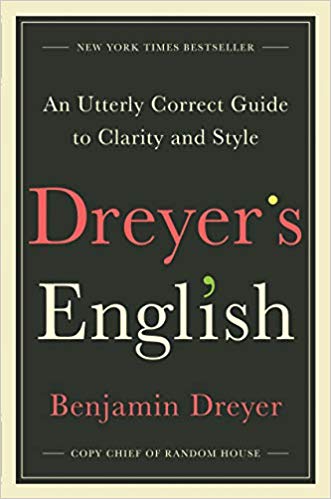
Dreyer, Benjamin. Dreyer’s English: An Utterly Correct Guide to Clarity and Style. Random House, 2019.
Academic writing isn’t the only game in town. Not every writing style falls under APA or MLA. If you’re writing a non-academic piece that is trying to reach a broader audience, then this book offers you great insight into the mind of a chief copy editor of a major publishing house. It will give you the confidence to break some of those rules you learned in school.
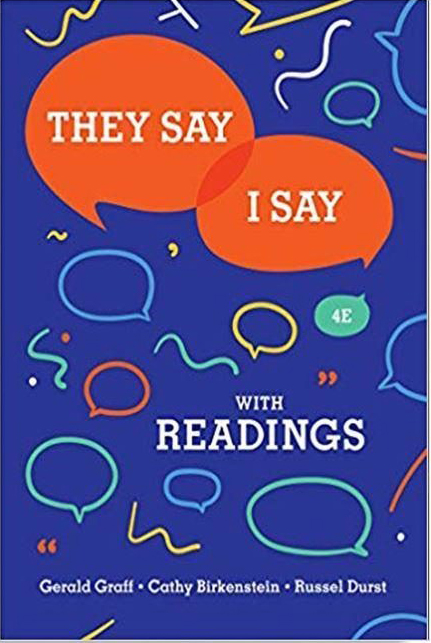
Graff, Gerald and Cathy Birkenstein. They Say, I Say: The Moves that Matter in Academic Writing. 3rd ed, Norton, 2017.
This book offers a useful introduction to the conversational model that is so central to academic writing. The authors provide useful templates that can be adopted or adapted to your needs. It can be paired with the Bullock handbook above for a discount from Norton.
Kolln, Martha and Loretta Gray. Rhetorical Grammar: Grammatical Choices, Rhetorical Effects. 8th ed, Pearson, 2016.
Everyone needs the occasional brushing up on their grammar, which can be painful if approached the wrong way. This textbook, however, offers a rhetorical approach to grammar that focuses less on memorizing rules and more on understanding effects.
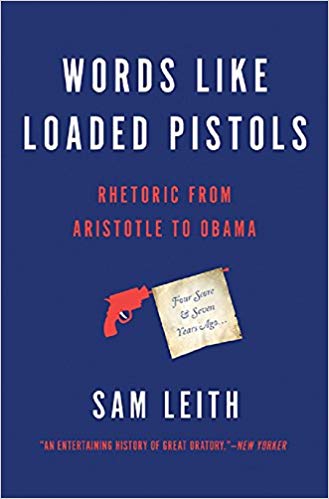
Leith, Sam. Words Like Loaded Pistols: Rhetoric from Aristotle to Obama. Basic Books, 2012.
This is a general introduction and overview of rhetoric that includes the five parts and three branches of rhetorical studies. The book is written for a general audience and is quite enjoyable to read. In between the chapters on rhetoric, Leith profiles various “champions of rhetoric” that include Abraham Lincoln, Martin Luther King, Jr., and Adolf Hitler.
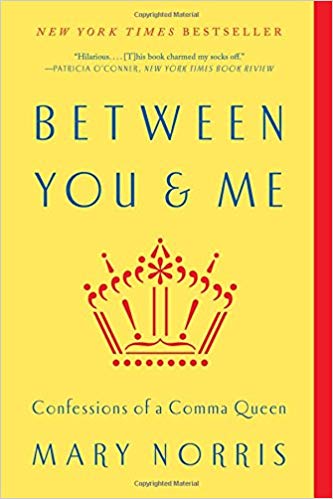
Norris, Mary. Between You and Me: Confessions of a Comma Queen. Norton, 2016.
A fantastic defense of learning grammar and style in a digital age, this book is not only informative, but also a joy to read as much as her YouTube videos are to watch. Written by the copy editor of the celebrated magazine The New Yorker, this book is iridescent.

